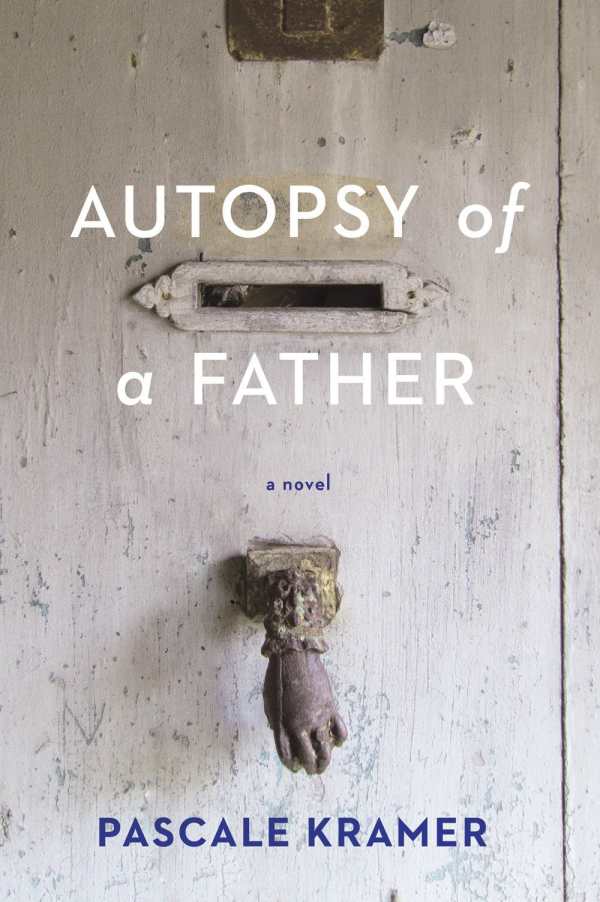Autopsy of a Father
Nostalgia has a Greek root but was certainly perfected in France. In the suburbs of Paris, a young woman named Ania reenters the complex world of her childhood following her father’s suicide. What she finds—in her own memory, and in the memories of the people she’s known all her life—are clues to what turned her father from a notable cultural critic to a bitter, narrow-minded racist. Pascale Kramer’s incredible psychological thriller, Autopsy of a Father, exposes the deep prejudices, disappointments, and generational differences of modern France.
Raised by her brilliant father, Gabriel, Ania has not lived up to his high expectations. From the elegant home in the Parisian suburbs where she was raised, she now lives in a small, slummy apartment. She’s divorced; her young son, Theo, is deaf. She’s let herself go and is ordinary looking, nowhere near as elegant as her late mother. She works in a day care. “When Theo was born,” the narrative says, “Gabriel had sent Ania a rather generous check together with a long letter, lovely and rambling, in which he explained how much her systematic choices against him had pained him.” He’s slowly moved on as well, and married a ferocious young woman named Clara. Kramer’s surgical, elegant language cuts straight to the heart of this novel, sparing nothing. Who is responsible for Gabriel’s gruesome act? Who has witnessed his intellectual decline, and not intervened? Ania slowly sifts through the broken pieces of her father’s life: “An infinite nostalgia for everything that had gone wrong in her childhood began to weigh down on her life a stone.” As Ania pieces together her father’s story—including the years of their alienation from one another—she begins to understand the sinister anti-immigrant sentiment that suffused the final months of his life.
Kramer’s writing is incisive, insightful, and discomfiting. She was the recipient of the 2017 Swiss Grand Prize for Literature, and three of her eleven novels have been translated into English. Autopsy of a Father belongs on the shelf next to works by authors like Nadine Gordimer and Magda Szabo. Its psychological investigation of a crumbling intelligentsia and a family fallen from grace is absolutely riveting. Robert Bononno’s translation does great justice to this quiet and unsettling thriller.
Reviewed by
Claire Rudy Foster
Disclosure: This article is not an endorsement, but a review. The publisher of this book provided free copies of the book to have their book reviewed by a professional reviewer. No fee was paid by the publisher for this review. Foreword Reviews only recommends books that we love. Foreword Magazine, Inc. is disclosing this in accordance with the Federal Trade Commission’s 16 CFR, Part 255.

